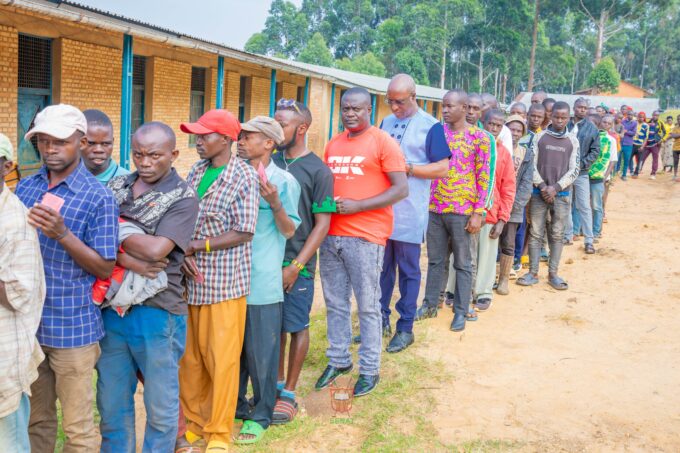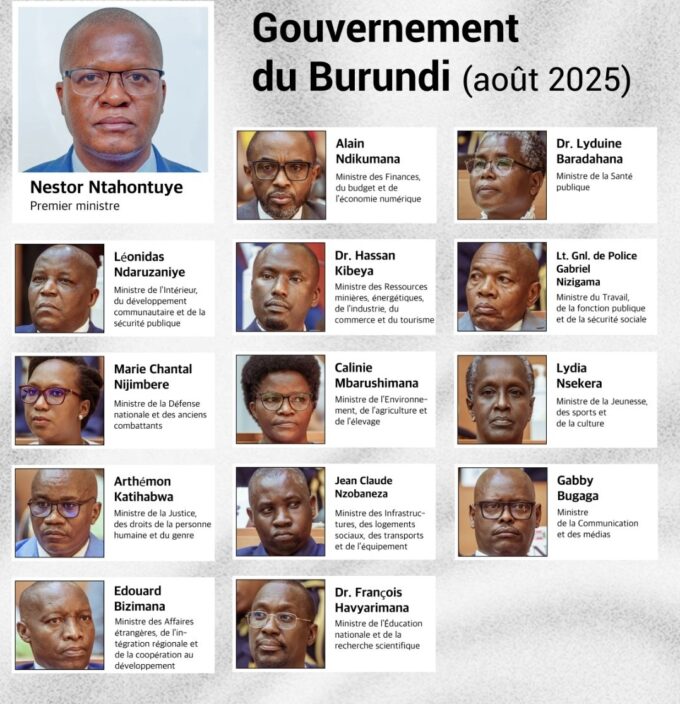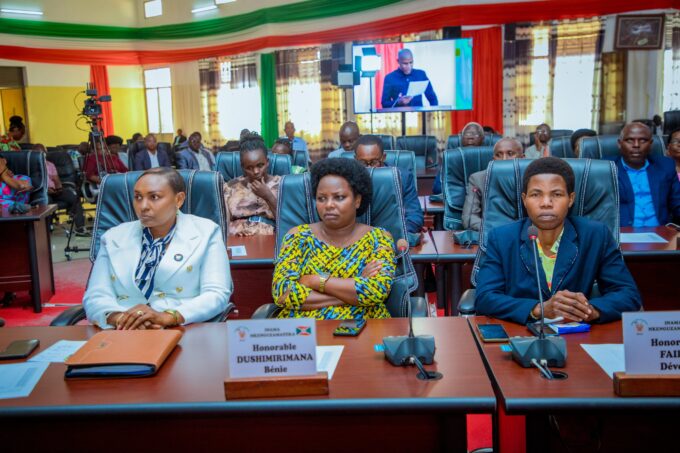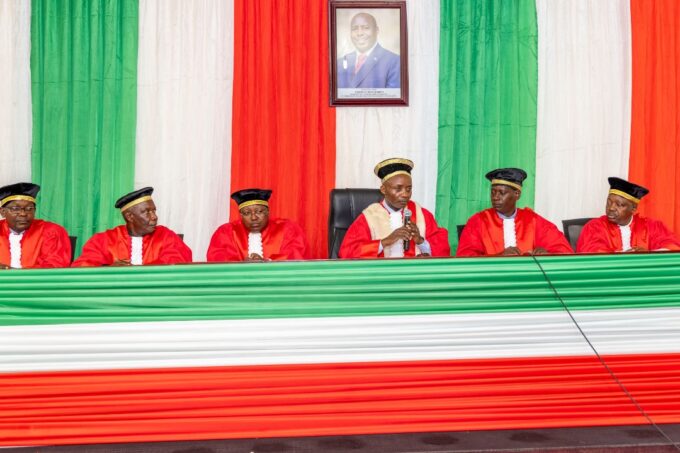Burundi’s ruling party, CNDD-FDD, secured all available Senate seats in elections held Wednesday across the country’s five newly created provinces—an unsurprising outcome for many observers and critics of the current political climate, according to media reports
The senatorial elections were conducted by recently elected communal councilors, themselves chosen in the controversial June 5 municipal elections. According to Burundi’s electoral code, each province sends two senators to the upper house of parliament, elected by a college of communal council members from different ethnic backgrounds. These senators can be nominated by political parties, coalitions, or run as independents.
Despite participating in the elections, the opposition party CNL (National Congress for Liberty) denounced the process as lacking legitimacy. Speaking to local media ahead of the vote, CNL spokesperson Terence Manirambona described the election as a “non-event.”
“This election is simply the continuation and culmination of numerous serious irregularities observed during the widely criticized June 5 vote,” Manirambona said. He further accused the ruling party of pushing the country toward a one-party system, arguing that the outcome reinforces the CNDD-FDD’s dominance at the expense of democratic pluralism.
“This is a missed opportunity for the country,” he added. “Instead of opening up to inclusive governance, this election deepens the trend toward political monopoly.”
The timing of the senatorial vote—amid an ongoing economic crisis—has further fueled criticism. The CNL argues that political diversity in the Senate could have helped the country navigate its challenges more effectively.
“For the past two terms, we’ve had a Senate that unanimously approves every government proposal, yet the country continues to backslide politically, economically, and in terms of governance and human rights,” said Manirambona.
In total, ten senators were elected during Wednesday’s vote. They will be joined by three members of the Twa ethnic group, co-opted by the National Independent Electoral Commission (CENI) from different provinces, as stipulated by the electoral code.








Leave a comment